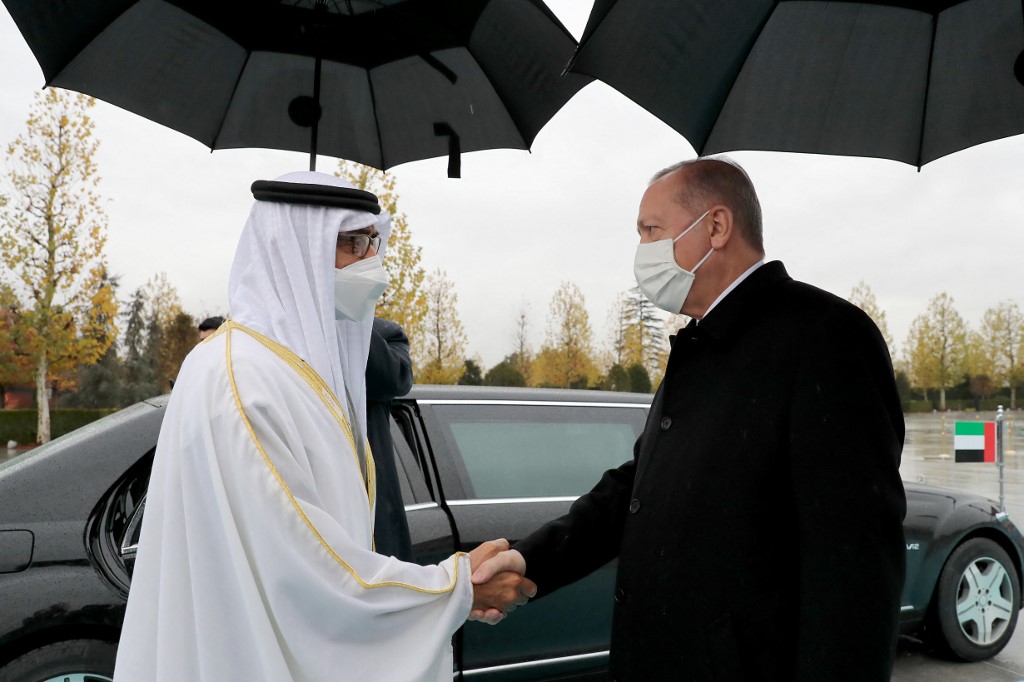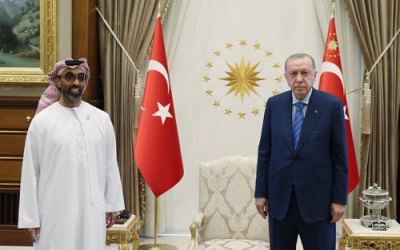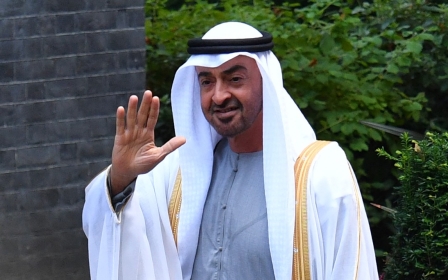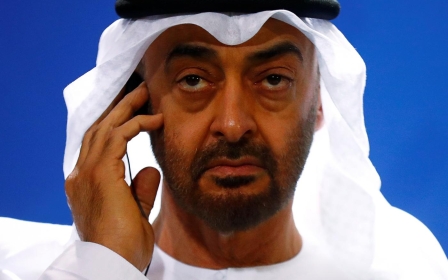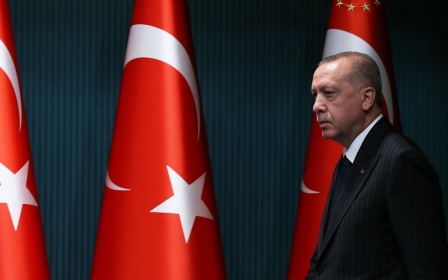Turkey-UAE: Why MBZ's visit could mark the start of a new era
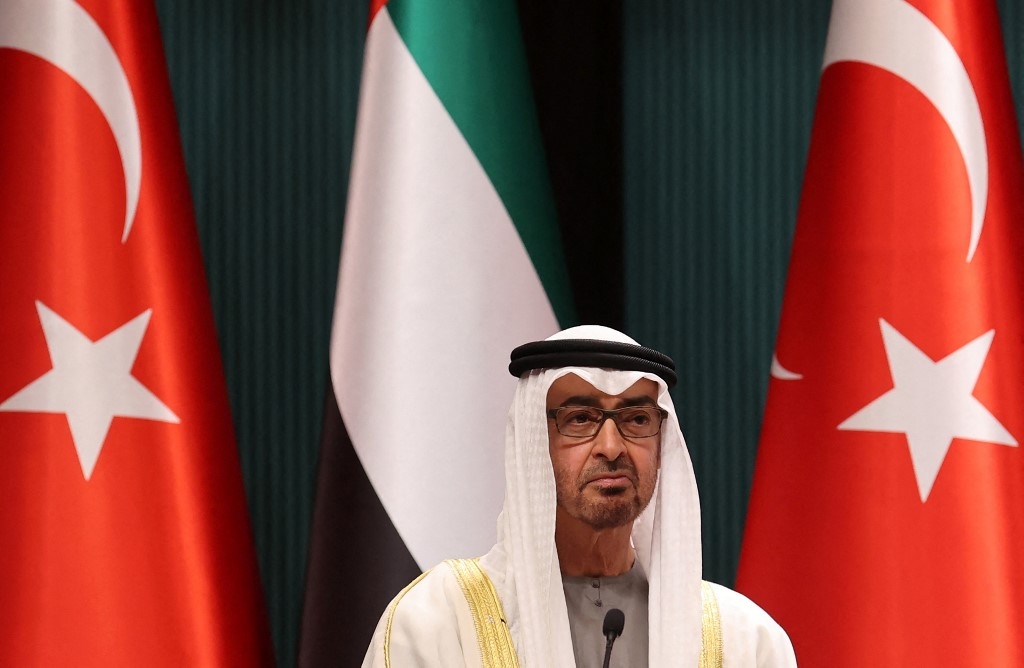
The recent visit by Abu Dhabi Crown Prince Mohammed bin Zayed (MBZ) to Turkey highlights the ongoing recalibration of Ankara’s foreign policy in the Middle East.
Turkey and the UAE have been locked in a struggle for regional influence for years, supporting opposite sides in conflict zones such as Libya and Syria. Relations soured during the Arab Spring, when Turkey supported the uprisings against authoritarian rulers, while the UAE and Saudi Arabia led the counter-revolution. Ankara has also held suspicions about the UAE’s involvement in the 2016 failed coup attempt in Turkey, and after Saudi Arabia and the UAE cut relations with Qatar in 2017, Turkey became a key lifeline for Doha.
By ending the blockade, the deal in January removed one of the major points of conflict for Ankara and Abu Dhabi
Now, after a decade of clashing visions and regional competition, MBZ’s visit to the Turkish capital could herald a new era - one defined by cooperation rather than confrontation. But what has led to this apparent change of heart in Ankara?
A key reason is the agreement early this year between Qatar and neighbouring Arab states, which officially ended the four-year Gulf crisis. During the blockade, Turkey sent necessary supplies and security forces to Qatar, bolstering its ability to withstand the isolation imposed by Saudi Arabia, the UAE and their allies. By ending the blockade, the deal in January removed one of the major points of conflict for Ankara and Abu Dhabi.
Economic impacts
New MEE newsletter: Jerusalem Dispatch
Sign up to get the latest insights and analysis on Israel-Palestine, alongside Turkey Unpacked and other MEE newsletters
Both Turkey and the UAE might also have realised that neither benefits from regional confrontation. After Turkey intervened in Libya to support the UN-recognised government in Tripoli, while the UAE supported renegade general Khalifa Haftar, a military stalemate emerged. A political process is now underway, and the upcoming elections in December, however flawed, could set the country on a path towards stability.
While there is always a risk of the civil war reigniting, Turkey is committed to the government’s survival, and the UAE has little to gain by playing the role of spoiler. Turkish intervention also keeps Russian influence at bay, which is Washington’s preference - further incentive for the UAE to come to an understanding with Turkey, rather than trying to undermine its efforts in Libya.
Another driver of the rapprochement concerns the lopsided economic impacts of the Covid-19 pandemic. Turkey has struggled to contain the pandemic’s financial effects, and the plummeting lira has made life increasingly difficult for many families. In contrast, the UAE’s economy remains strong amid high oil prices. There has been much emphasis in recent days on Emirati investments in Turkey, with Abu Dhabi reportedly ready to invest billions - a much-needed cash injection that would further strengthen ties.
All of this will have regional implications. Speaking to the Turkish state broadcaster TRT, the Emirati industry minister, Sultan Ahmed al-Jaber, noted: “This visit comes at a time when the UAE and Turkey are working together on a vision of a more peaceful, stable and prosperous future for the region.”
US disengagement
MBZ is a pragmatic player, despite his deep distaste for the Muslim Brotherhood and Iran. He must feel that the Muslim Brotherhood is much less of a “threat” these days, and with the Biden administration in the US seeking a nuclear agreement with Iran, it is wise for him to reach out to other regional players, such as Turkey.
The UAE’s pulling back from the Yemen war - whose humanitarian cost has become a key issue in Washington - is another testament to his flexible outlook when he feels the tide might be turning. MBZ must realise that there is no need to clash with Turkey on regional issues for ideological reasons, since Turkey is also open to pragmatic cooperation.
US disengagement from the Middle East, alongside Russia’s increased influence in countries such as Syria, is another factor in the regional realignments. While the US maintains interests in the region, Washington is shying away from providing a vision according to which regional players can position themselves, bolstering the need for intra-regional dialogues and adjustments.
For Turkey and the UAE, the question remains as to how far this emerging realignment can be solidified. Serious differences persist between Turkey on one side and Egypt, Israel and Greece on the other over the Eastern Mediterranean.
The UAE has strong ties with Egypt and has already normalised relations with Israel. What would be the UAE’s position if tensions were to increase in the Eastern Mediterranean, or if civil war returns to Libya? Can Turkey and the UAE compartmentalise such issues and continue deepening their economic ties? They certainly have strong reasons to do so.
The views expressed in this article belong to the author and do not necessarily reflect the editorial policy of Middle East Eye.
This article is available in French on Middle East Eye French edition.
Middle East Eye delivers independent and unrivalled coverage and analysis of the Middle East, North Africa and beyond. To learn more about republishing this content and the associated fees, please fill out this form. More about MEE can be found here.



